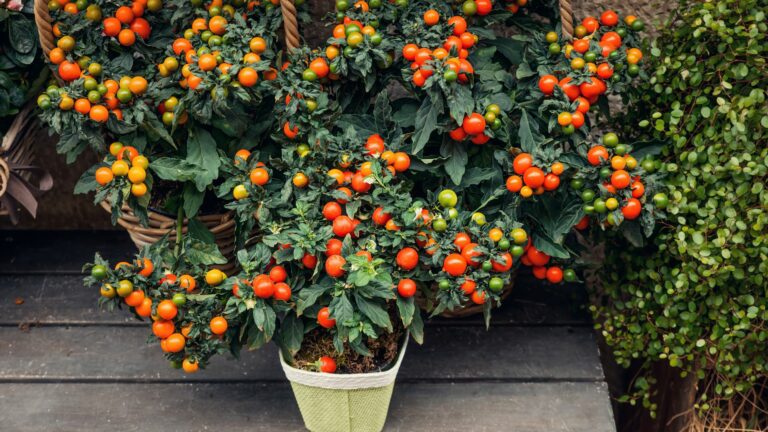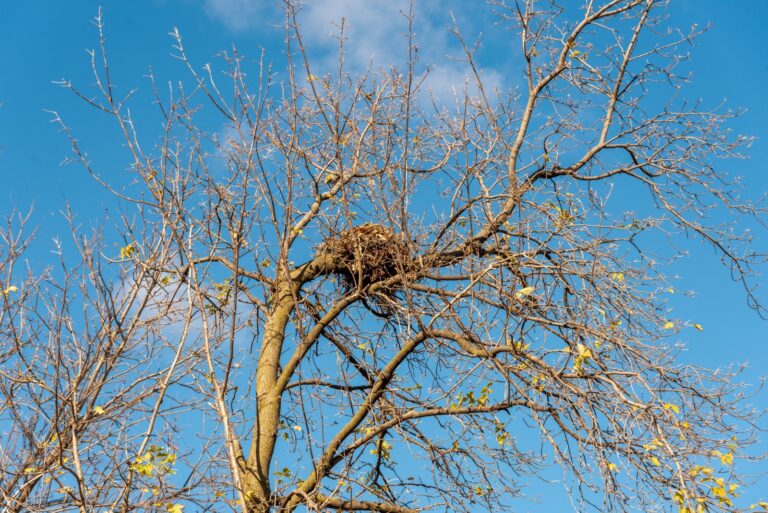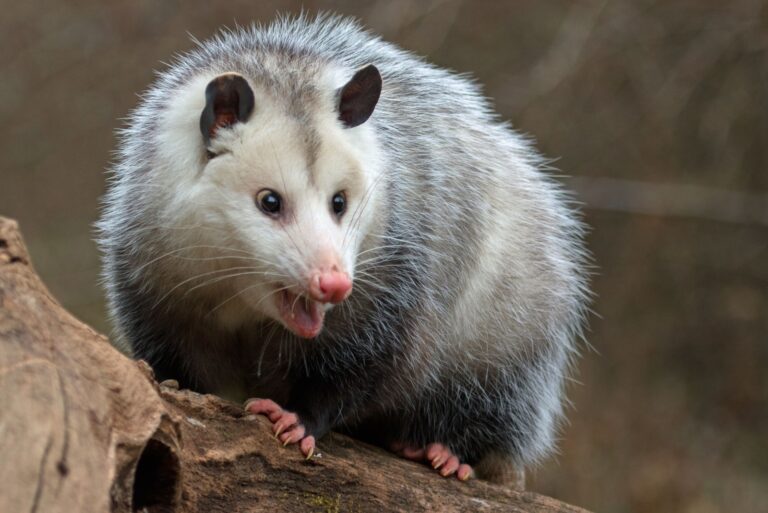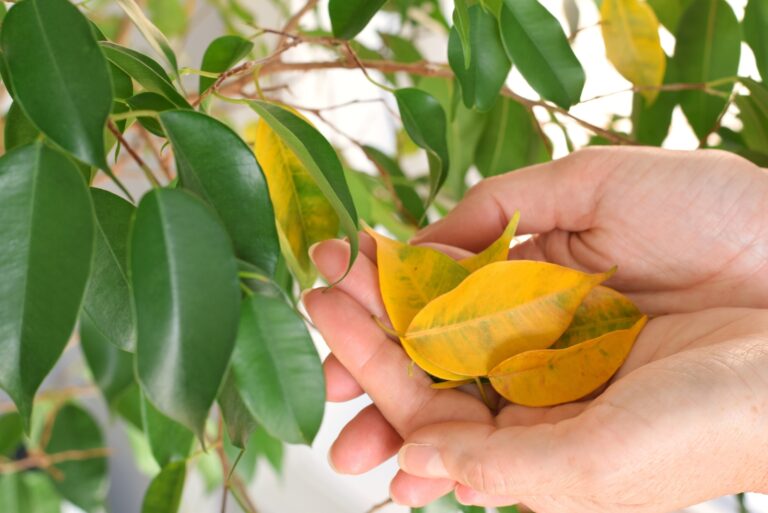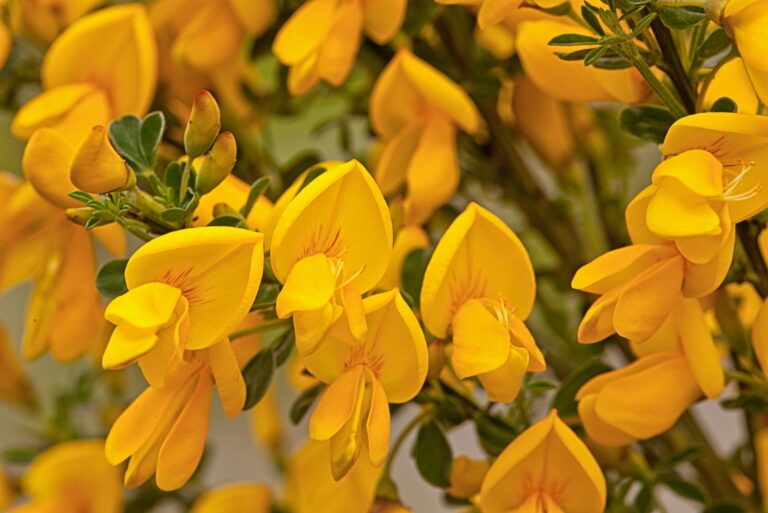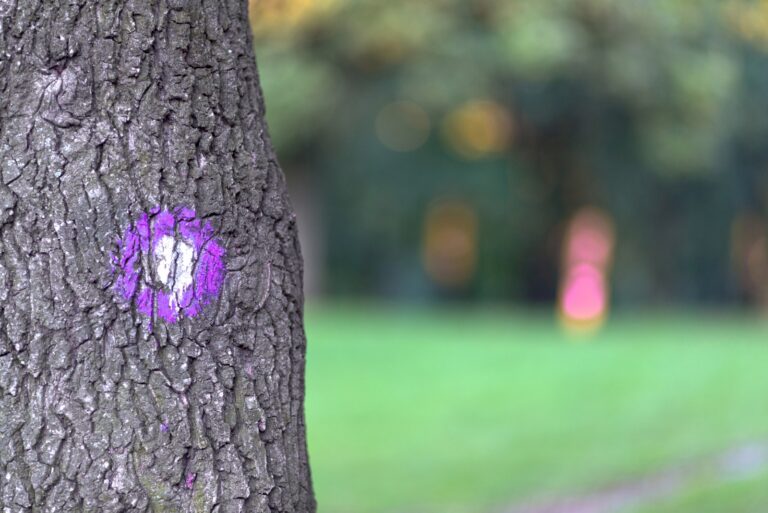10 Yard Additions That Could Be Illegal In Kansas Soon
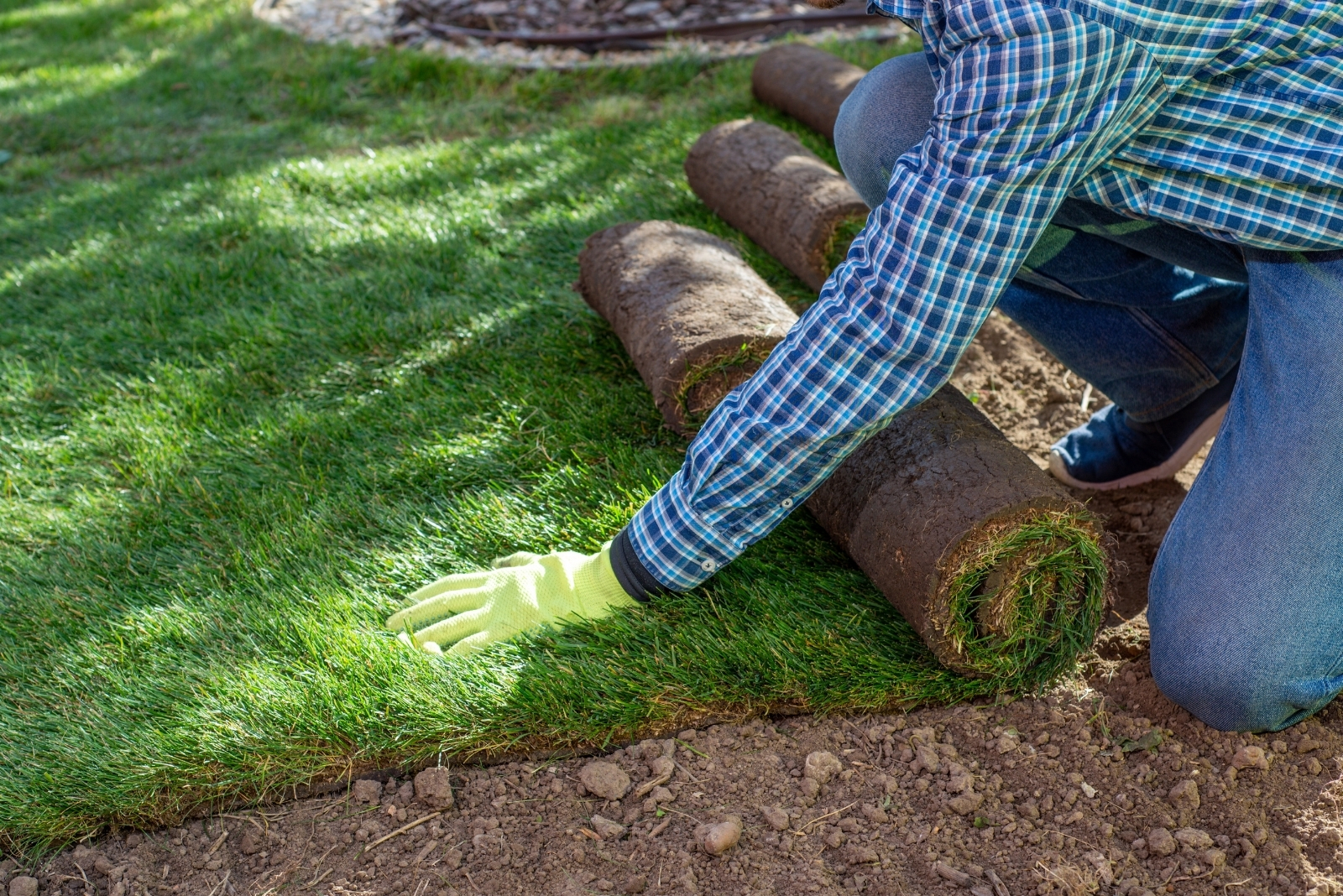
Kansas homeowners love sprucing up their yards, but not every addition is built to last in the eyes of the law. These 10 yard features are already catching attention and could be restricted before long.
I’ve spotted a few around my neighborhood, and it’s wild to think they might not be allowed soon. Take a peek at this list and see if your favorite upgrade is at risk.
1. Artificial Turf
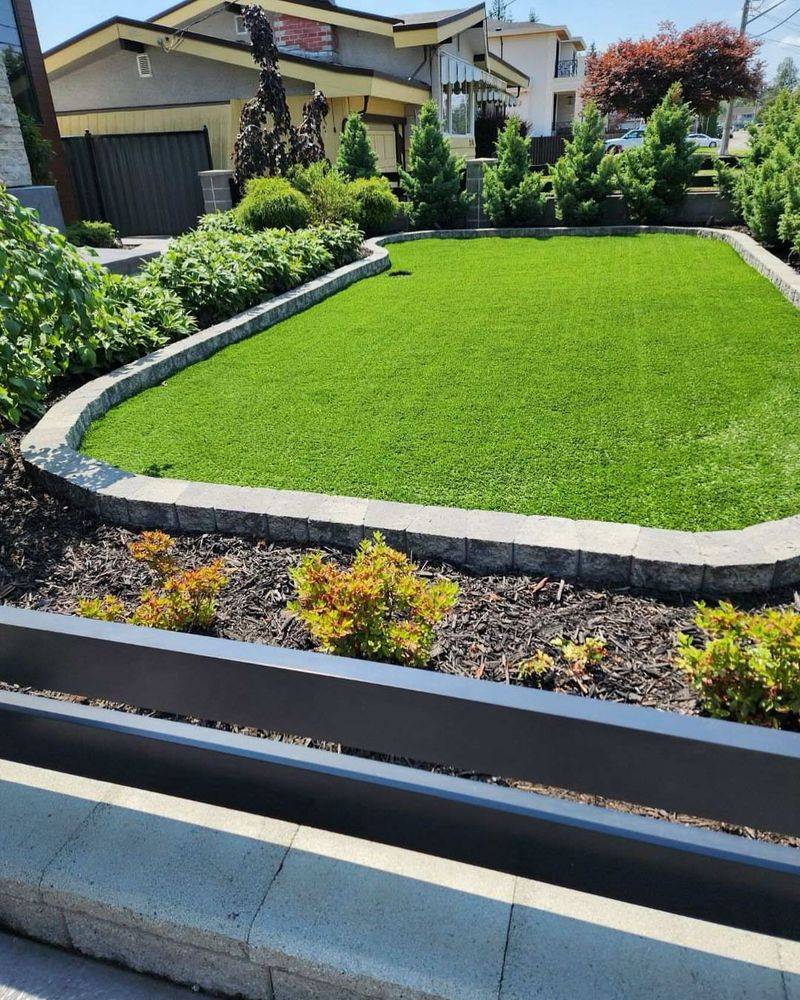
Recent Kansas environmental committees have raised concerns about artificial turf’s impact on local ecosystems. The non-biodegradable materials prevent natural water absorption and can leach chemicals into groundwater.
Several Kansas counties are already drafting ordinances to limit residential artificial turf installation, citing heat island effects and wildlife habitat disruption.
2. Tall Privacy Hedges
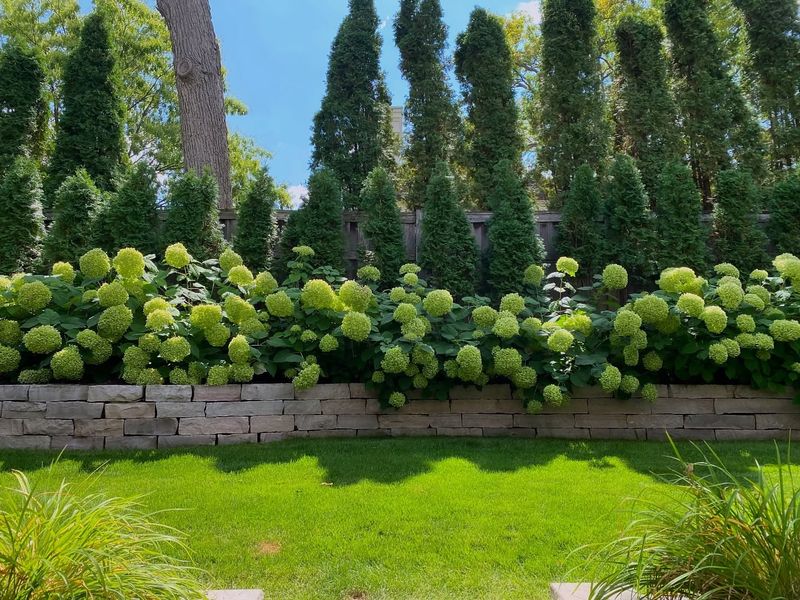
Remember when your neighbor’s 8-foot hedge blocked your sunset view? Kansas legislators are considering height restrictions on privacy hedges, particularly those exceeding 6 feet.
The proposed regulations stem from visibility concerns at street corners and property line disputes that have flooded Kansas municipal courts in recent years.
3. Backyard Chicken Coops
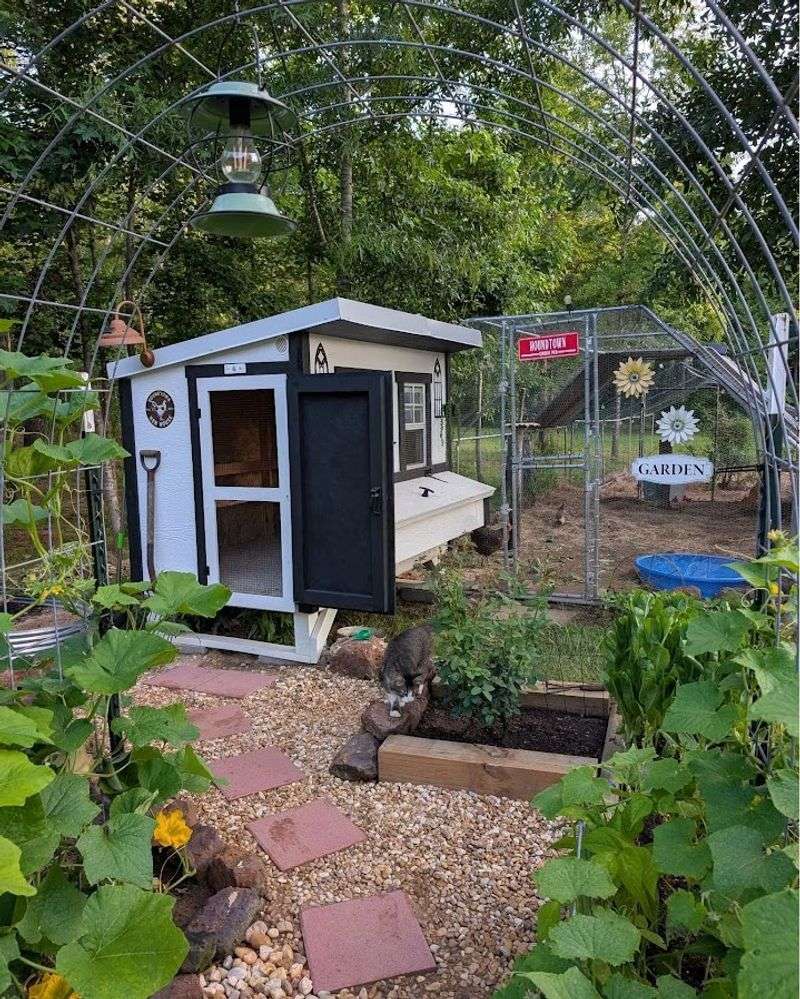
Urban farming enthusiasts in Kansas might need to find new hobbies. Noise complaints and sanitation concerns have prompted officials to reconsider backyard chicken allowances in residential zones.
Many Kansas municipalities already restrict poultry, but new statewide standards could eliminate grandfather clauses that currently protect existing coops.
4. Front Yard Vegetable Gardens
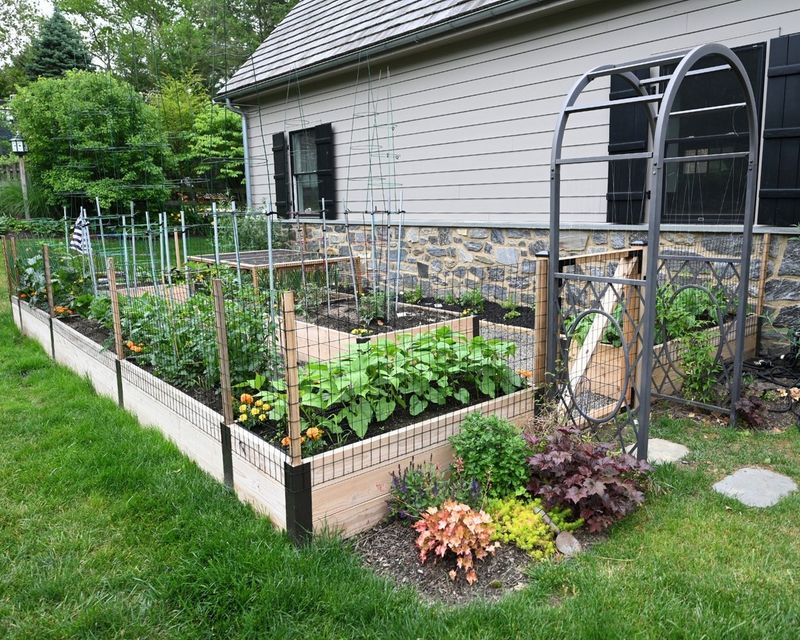
Growing tomatoes in your front yard? Kansas homeowners might soon face restrictions on visible food gardens. The aesthetic debate has reached state legislators after several HOA disputes went public.
While food security advocates fight back, Kansas city planners argue that front-facing vegetable gardens affect property values and neighborhood character.
5. Water Features
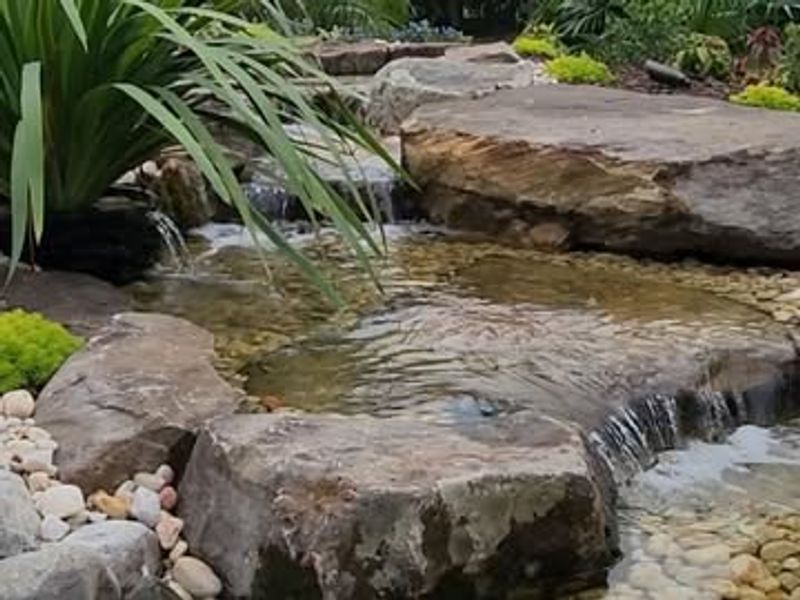
Your bubbling fountain could run dry under proposed Kansas water conservation laws. Standing water features over certain sizes may require permits and regular inspections to prevent mosquito breeding and reduce water waste.
Kansas drought conditions have intensified scrutiny of decorative water usage, with some counties already implementing seasonal restrictions on residential water features.
6. Non-Native Plant Species
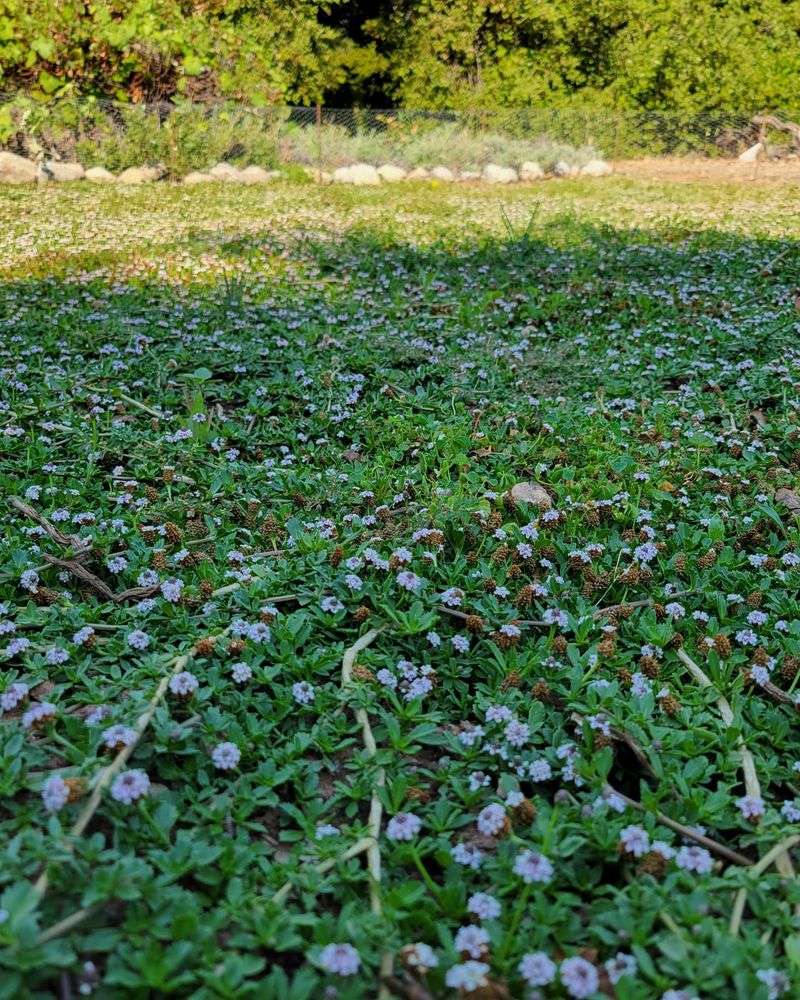
Bradford pear trees and Japanese barberry might land you a fine soon. Kansas agriculture officials are expanding their invasive species watch list to include popular landscaping plants that threaten native ecosystems.
The Kansas Department of Agriculture has already begun educational campaigns encouraging homeowners to remove these problematic species before potential mandatory removal laws take effect.
7. Yard Art Exceeding Size Limits

Got a giant gnome collection? Kansas municipalities are drafting uniform codes for decorative yard elements, with size restrictions based on lot dimensions and visibility from public roads.
The movement gained momentum after a controversial 12-foot metal sculpture in central Kansas sparked a three-year legal battle between neighbors that reached state courts.
8. Above-Ground Pools
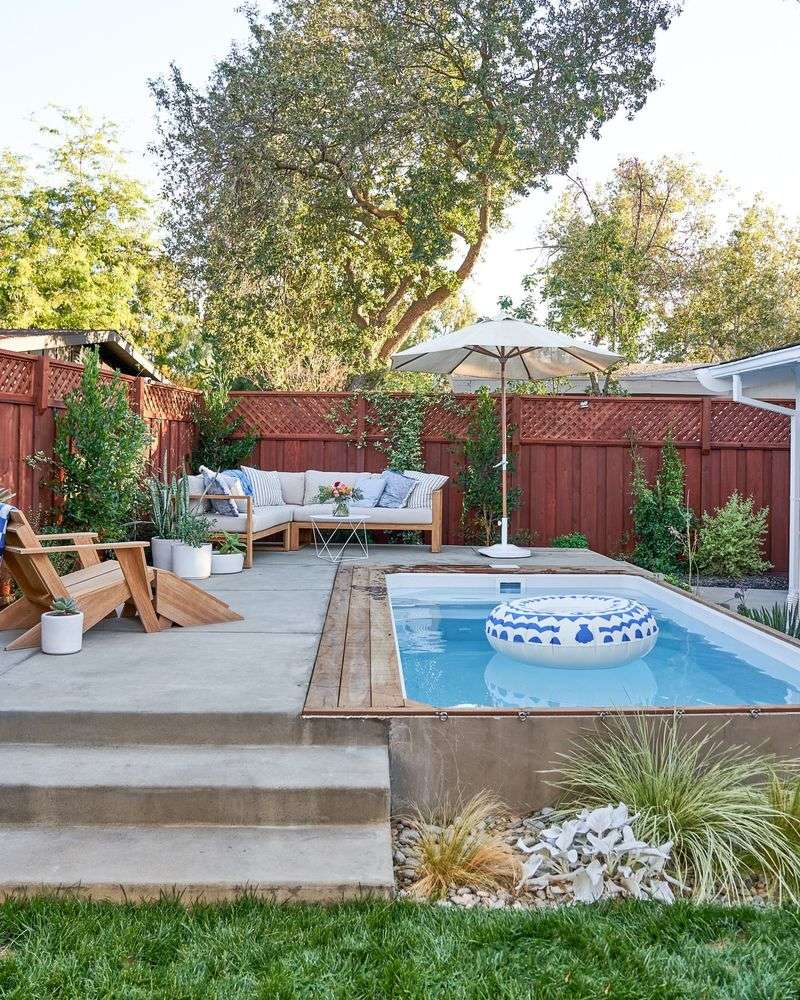
Summer splashing could be limited as Kansas safety committees evaluate residential pool regulations. Temporary above-ground pools might soon require the same fencing, permits, and safety features as permanent installations.
Several Kansas children’s safety advocacy groups are pushing for these changes, citing alarming statistics from unregulated pool accidents in neighboring states.
9. Excessive Outdoor Lighting
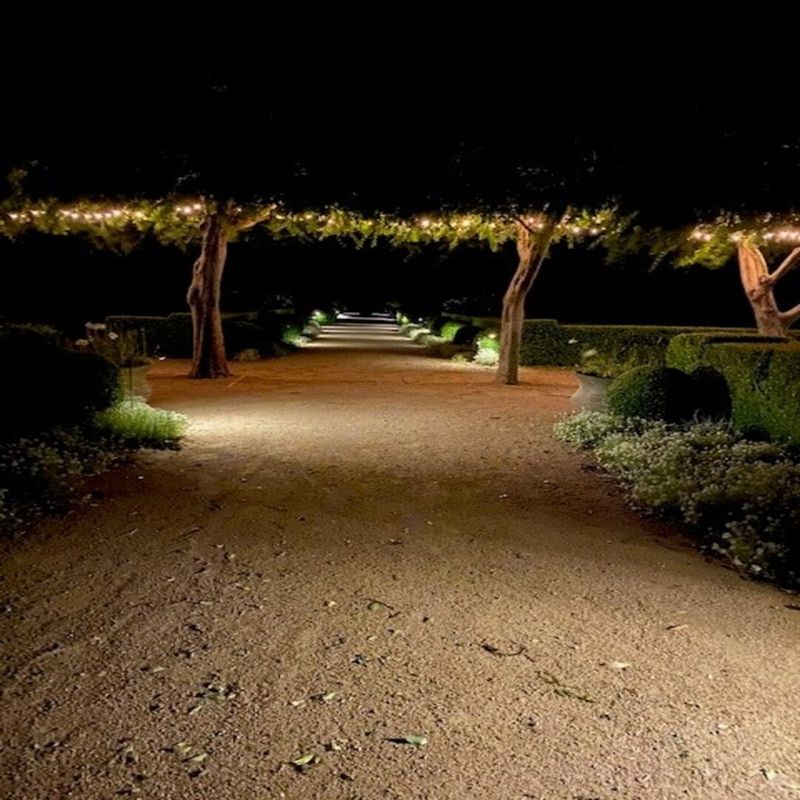
Those holiday lights you leave up year-round? Kansas dark sky advocates are gaining traction with light pollution ordinances targeting excessive residential illumination that affects wildlife and neighboring properties.
The proposed Kansas regulations would limit brightness, direction, and operating hours of decorative outdoor lighting systems in residential areas, especially near natural habitats.
10. Compost Piles
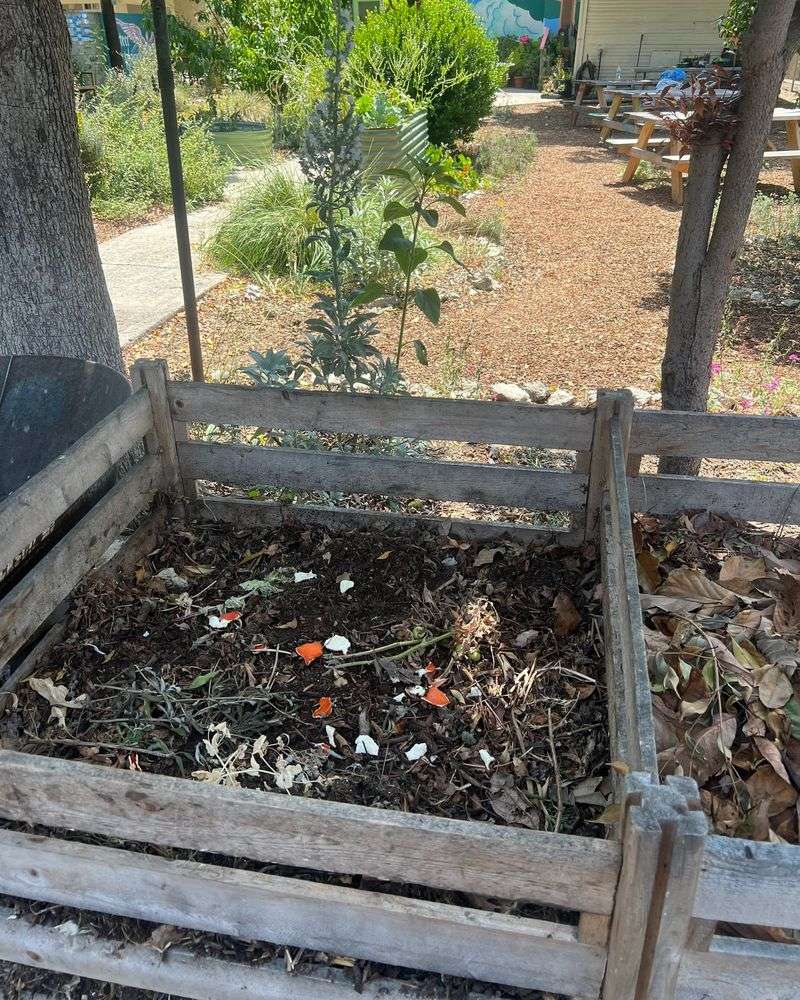
Eco-friendly gardeners beware! Kansas health departments are reviewing regulations for home composting, particularly focusing on size, content, and distance from property lines to prevent odor complaints and pest issues.
While small contained systems might remain legal, open-air compost piles in Kansas yards could face new restrictions requiring permits and regular inspections for compliance.

